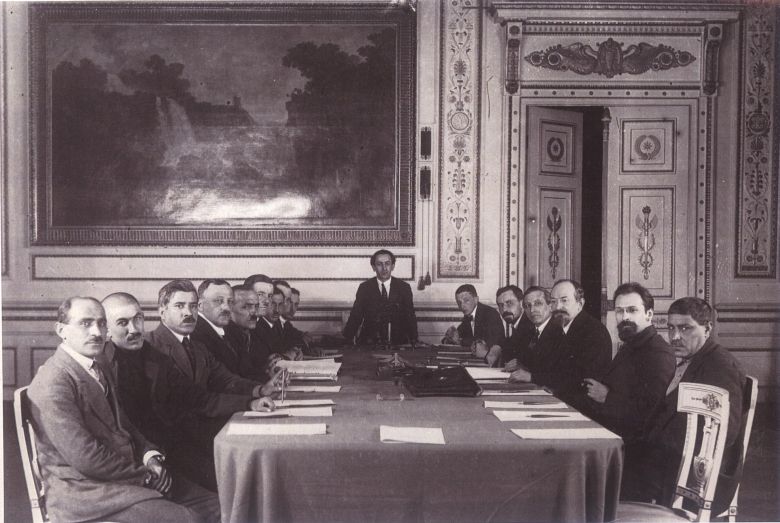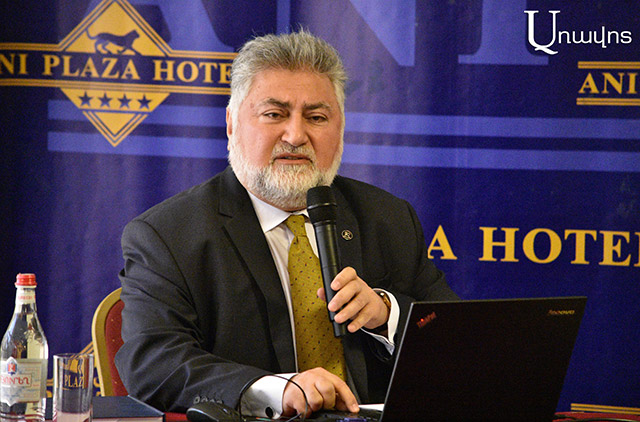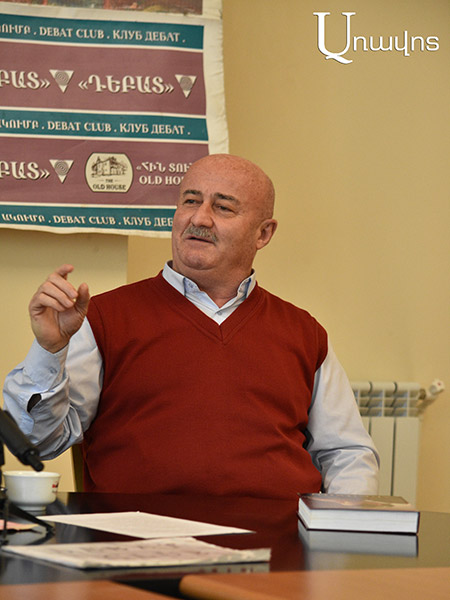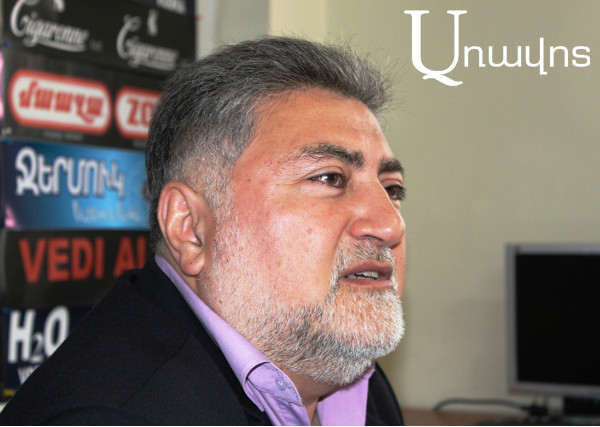The National Democratic Pole and the Modus Vivendi Center organized a conference on “The Moscow Treaty (March 16, 1921) – The Molotov-Ribbentrop Pact before the Molotov-Ribbentrop Pact.”
“101 years ago, a document was signed in Moscow, which went down in history as the ‘Moscow Treaty.’ This is a treaty that essentially preceded the Ribbentrop-Molotov Pact. Many people know about the very negative consequences of the pact, but few imagine that it has its roots in the infamous Russian-Turkish agreement signed on March 16, 1921 in Moscow,” said Ara Papyan, a member of the National Democratic Pole Council, emphasizing their very negative consequences for Armenia. The speaker noted that it has established power or spheres of influence in one country with the consent of different countries, which is also visible today.
Garegin Chugaszyan, a member of the NDP Board, said in a conversation with Aravot, “The Lenin-Kemal Pact, signed in 1920-1921, which included various Russian-Turkish treaties, such as the Moscow and Kars treaties and its Russian party decisions, was a precedent for the Molotov-Ribbentrop Pact, which later divided Europe. Its precedent was the 1920-1921 Treaty of Moscow, which was, in fact, the first fascist act to take place, after which the whole of Europe felt the pain. In this sense, we had a successful Russian-Turkish operation in 2020, as Shoigu said, and we felt the fascism of the international situation.
Read also
At first we felt it, and the world did not seem to attach much importance to it. And now in Ukraine, it becomes much clearer and clearer that war in 2020 was just an episode of greater change. The meaning of that episode was the establishment of the Russian-Turkish land route in case Russia closes from the West. Russia is closing in on everything, but somewhere there should have been a land route to a new ally, Turkey. We see it now. Turkey is the only NATO member state that has not imposed sanctions on Russia, which shows Turkey’s duality. Now history, which is a living history, must teach us lessons for today.
The lessons of history suggest the steps, because Soviet, Stalin fascism, terror, civil war, which in the 1920s seemed to be only a temporary episode, had already spread throughout the country in the 1930s. And now there are some prophets, governors of Tatarstan, who tell us, if it is inevitable, to join Russia, at least to become Tatarstan. If we join them, what would we do? Would we be terrorized like in the Soviet years? Even the genius Charents did not understand it at the time. Then, in the 1930s, he realized that nothing could be better for his people than independence.”
Ashot HAKOBYAN
























































